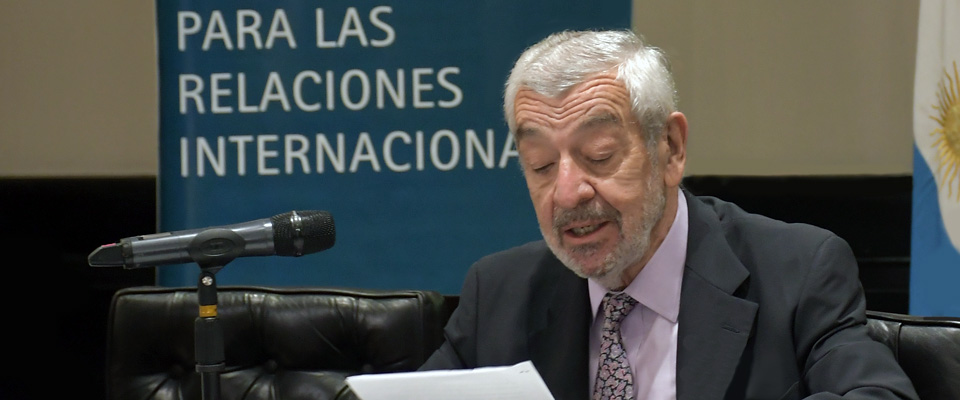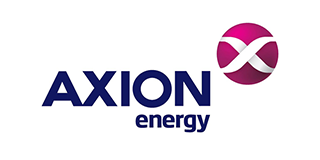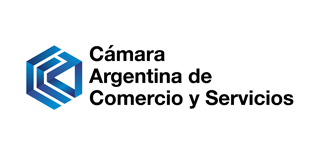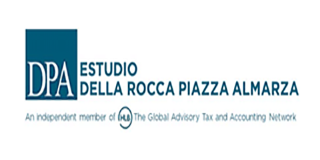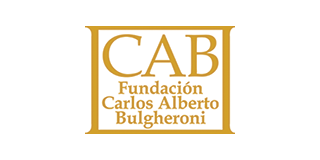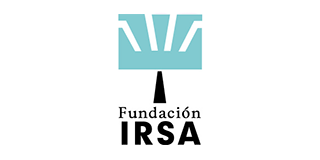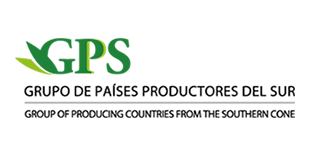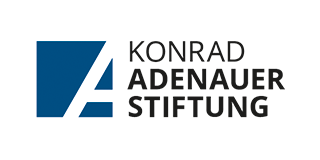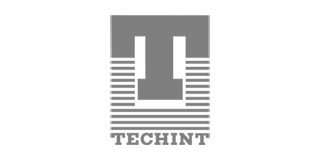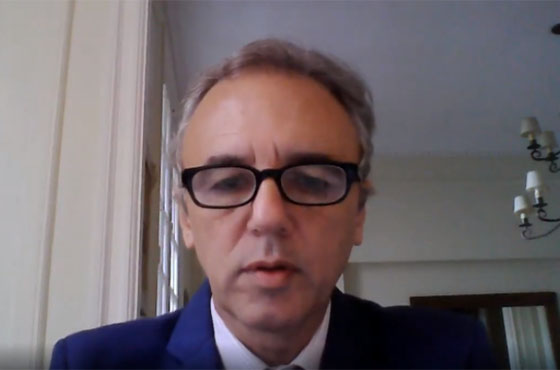
September 10, 2020
First meeting of the "Global Thinking, Local Action" Cycle, organized virtually by the CARI's City Internationalization Committee
By María Florencia Avena, Volunteer for the Communications Division
Translation by Yessenia Flores
The first meeting of the "Global Thinking, Local Action" Cycle , organized virtually by the CARI's City Internationalization Committee on September 10th, gathered officials and experts in an open session dedicated to reflect on what is a "smart city" and what are the challenges for urban centers to convert into one.
Francisco Mugaburu, General Director of International Relations and Cooperation for the City of Buenos Aires, started the meeting explaining the objective of the Cycle: the dialogue between the municipal entities that maintain international relations and the UCCI (Union of Iberoamerican Capital Cities). "The idea is to share experiences and projects in order to achieve an intelligent management of the cities on the basis of concrete solutions", he stated. At the same time, he highlighted the city of Barcelona, --which positions itself as a leader in the topic of Smart Cities-- and assured that within the Committee, they expect to continue promoting these meetings. For his part, Gustavo Martinez, CARI's Secretary of Coordination, thanked those present and affirmed that without a doubt, cities "are gravitational political and economic centers for the world".
The member cities of the institution attended the meeting and the speakers were Alejandra Torres, Secretary of Planning, Modernization and International Relations of the Municipality of Córdoba; Jordi Cirera González, Director of the Office of the City Council Knowledge Society of Barcelona; and Luis Castielli, Professor of the Catholic University of Córdoba, who gave the closing remarks.
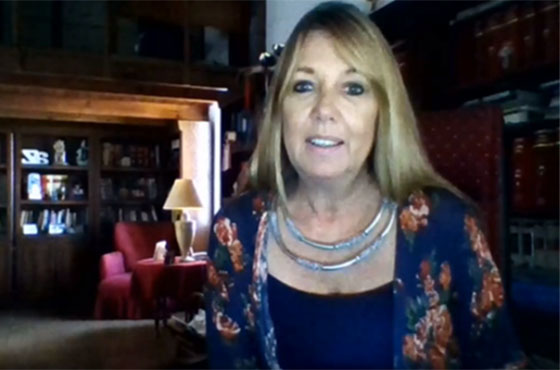
The first exposition was in charge of Torres, who began by giving her definition of a Smart City: "Smart City is one that follows a roadmap towards digitization of their urban core in order to satisfy the needs of the citizens, companies and institutions". In this sense, Torres stated that her administration proposed five topics that guide their decisions towards a Smart City:
1) A Sustainable City, which involves an urban development based on sustainable products and services;
2) The constitution of an Open Government, based on the creation of a transparent administration which employs data intelligence;
3) An Equitable City, which guarantees equal opportunities;
4) Digital Innovation and Development, which provides intelligent solutions promoting entrepreneurship and economic collaboration;
5) Living Cities, which allow the development of tools that make the city adaptable to constant evolution.
With that roadmap Torres, along with Governor Schiaretti, issued the provincial law 10.618 of Simplifying and Modernizing the Public Administration. They indicated that it is "the first step for a change in paradigm". The secretary listed the advantages that the law offers, such as the digitization of notifications and the civil records through the platform Ciudadano Digital, which in turn translates into both economic and ecological savings.
Afterwards, Cirera Gonzalez began his dissertation by defining the concept which gave rise to the meeting. He assured that his perspective was technological and he explained the use of the term, which appeared for the first time in 2007, but it has been analyzed in more depth since 2011. "There was a lot of confusion, but we reached a conclusion that a city is smart when the best technology is applied to optimize management", he acknowledged. "In computer language this means that the utilization of data that a city generates is used to make the best decisions at every moment", said the expert. At the same time, he retrieved a concept from the year 2000, knowledge engineering, which postulates that data is information. If you process that information you obtain knowledge, and if you analyze it, you obtain wisdom. In this sense, he explained that "if the value is in data, we retrieve it, we store it, we catalog it, we process it and we share it". Cicero highlighted that Barcelona currently retrieves four million daily records. He said that they have a Big Data platform since 2019, and until COVID-19 arrived, they were thinking which would be the star project of the year. "So we had to set up a huge teleworking network, we went from six hundred potential telecommuting workers to six thousand", he remarked, and he claimed that now the task was to polish up the system. He was hopeful regarding the post-pandemic era, especially about the new way of working, and he acknowledged that they did in six months what should have taken ten years. He mentioned a transformation in the mentality that refuses digitization and stated that: "we should change the paradigm from controlling presence, to controlling the objectives".
Finally, Castielli made an analysis of the two models of Smart Cities that were mentioned before --the Córdoba and Barcelona cases-- and he added a third one, the City of Buenos Aires. Likewise, he stated that the pandemic has also driven this concept into crisis. First of all, he said that Barcelona had a digital agenda that works from data. Then, he argued that Córdoba finds itself in an intermediate state, optimizing their services from the digitization of paper documents; and he stated that the City of Buenos Aires was best prepared to face the pandemic with an already consolidated digital system.
On the other hand, he mentioned a fundamental aspect of every city: security. He pointed out that it is a multidimensional component that has multiple edges, and "the pandemic has placed doubt on the ability of the cities to protect its citizens" because "security is employment, health, and also informatics safety".
